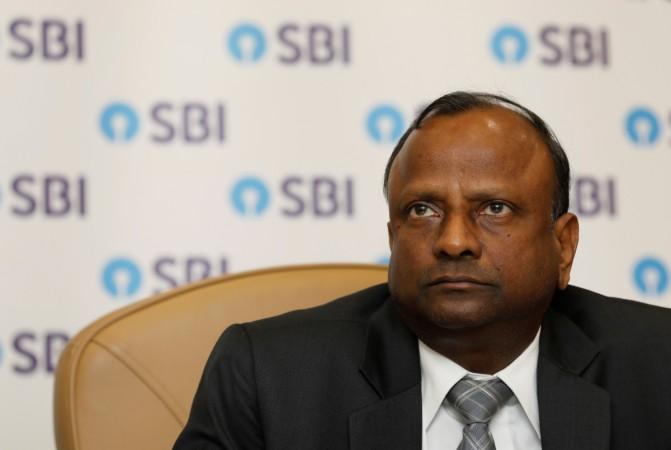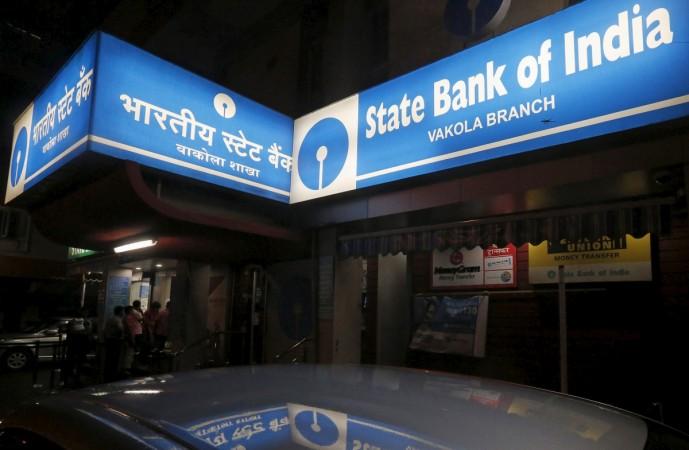
The country's biggest lender, State Bank of India (SBI) is planning to eliminate ubiquitous debit cards from the banking system. State-owned SBI, which is servicing around one-fifth of the population, has ambitious plans in the coming years to promote digital payment and takedown plastic cards, despite the huge dependency on debit cards.
Speaking at the annual Fibac, SBI chairman Rajnish Kumar said, "It is our wish to eliminate the debit cards, and am sure we can eliminate them." He further added that there are around 90 crore debit cards in India and over 3 crore are people using credit cards. Kumar highlighted digital solutions like SBI's own 'YONO' platform as a way for achieving a debit card-less country.
YONO (You Only Need One) is an integrated digital banking platform offered by SBI. YONO is an app for both Android and iOS and enables users to access a variety of financial and other services such as taxi bookings, online shopping or medical bill payments. The platform was launched in November 2017 by the then Finance minister, Arun Jaitley.

Kumar said YONO allows a user to withdraw cash at the ATMs and can be used at a merchant establishment to make payments without having a card. He further said the bank has already rolled 68,000 'YONO cashpoints' and is under the process of adding further 1 million cashpoints in next one and a half years.
Once the system is in place, the necessity to have a card will be eliminated automatically. Moreover, YONO can also be used to take credit, making it a digital credit card that can be carried anywhere. He also underlined QR code payments as another alternative for debit cards. However, YONO is prone to issues like website failure. Last month, YONO went down across all platforms, causing major inconvenience to its users.





![Ultrahuman launches Ring PRO, free charging case with more than just power and Jade AI [details]](https://data1.ibtimes.co.in/en/full/829151/ultrahuman-launches-ring-pro-free-charging-case-more-just-power-jade-ai-details.png?w=220&h=138)











